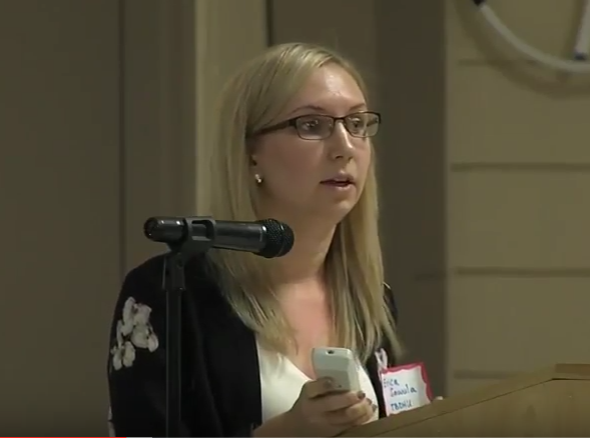THUNDER BAY -- HIV epidemics across the country have the Thunder Bay Health Unit prepared to go on the offensive.
They hosted a community Forum Wednesday to try and prevent an increase in HIV infections.
More than 70 representatives from 40 organizations including the Thunder Bay Drug Strategy, the Crime Prevention Council, Fort William First Nations, Elevate NorthWestern Ontario, and other health care and social service sectors were in attendance for a discussion aimed at preventing the spread of HIV.
The forum focused on the findings of more than 50 interviews about the at-risk and infected HIV population, as well as increases in HIV infections in locations with similar demographics to Thunder Bay.
“We were hearing a lot about other areas across Canada and north America,” said epidemiologist Erica Sawula. “Saskatchewan, London and Indiana were having increases, outbreaks in some cases of HIV infections and they were really concentrated in people who inject drugs.”
The discussion also concentrated on some of the gaps in health services, and HIV education.
These gaps could be barriers towards preventing the spread of infection, low health literacy, lack of access to health care services and low prioritization of personal health were consistent issues brought forward by the representatives interviewed.
Health promotion planner Robin Cooper said they understand there are a high number of people who are injecting drugs, which puts people at risk.
“We know that from our high rates of sexually transmitted infections that people are engaging in unsafe sex practices that put people at risk,” Cooper said.
“Those are things that we really need to explore and want to try and address in a strategy moving forward.”
A brief overview of the findings from Wednesday’s forum will be released in the coming weeks by the Health Unit.
They hope to have a full report on the number of new HIV infections, and prevention strategies within eight to 12 months.
(TBT News)
